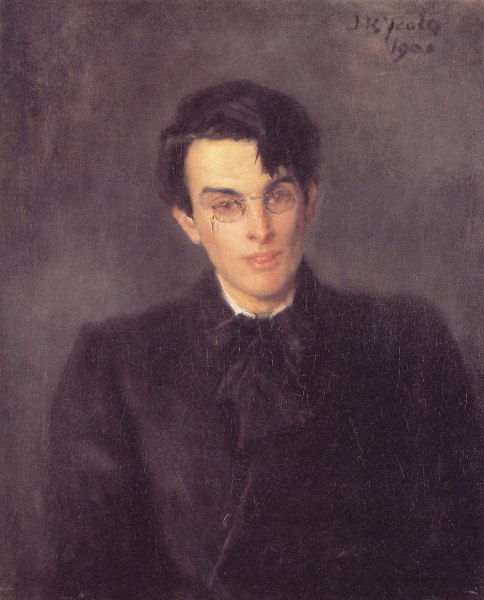Infinite photos and videos for every Wiki article ·
Find something interesting to watch in seconds
Orders and Medals
Celebrities
Largest Palaces
Recovered Treasures
Wars and Battles
Tallest Buildings
Ancient Marvels
Famous Castles
Kings of France
Great Artists
World Banknotes
Great Cities
History by Country
Rare Coins
British Monarchs
Countries of the World
Best Campuses
Largest Empires
Supercars
Great Museums
Wonders of Nature
Richest US Counties
Crown Jewels
Presidents
Animals
Sports
more top lists





